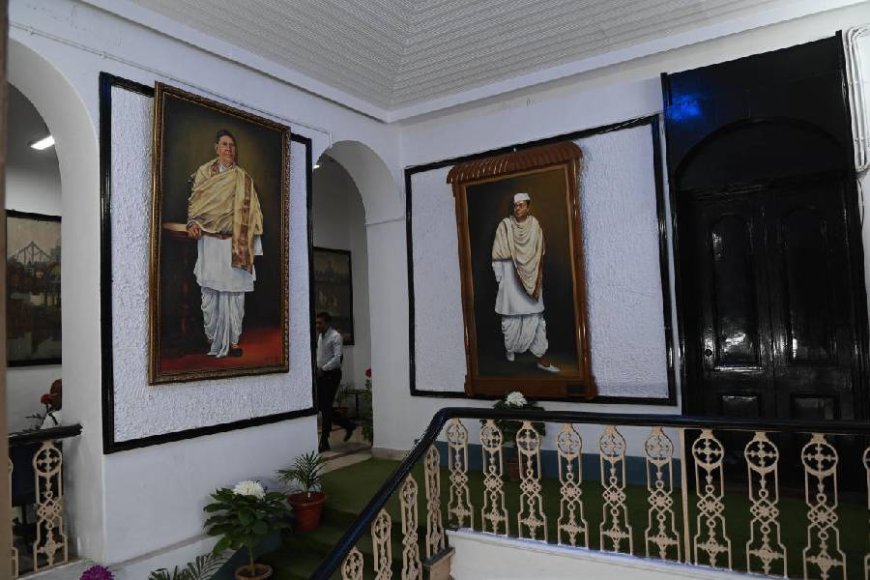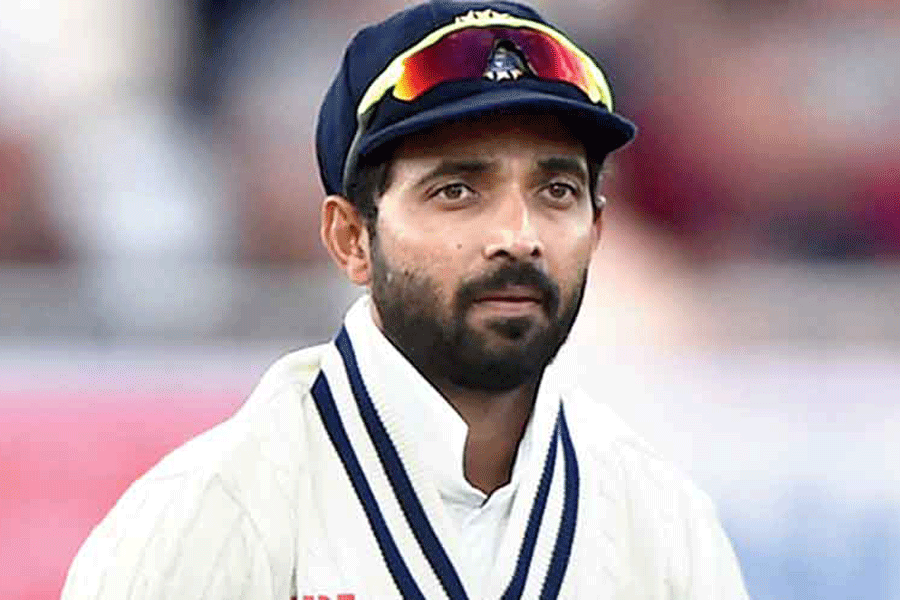Calcutta Municipal Corporation to Commemorate 100th Anniversary of Chittaranjan Das and Subhas Chandra Bose's Entry
Special Edition of Purasree to Honor the Contributions of Das and Bose in Transforming Municipal Governance

Chittaranjan Das was elected mayor of Calcutta on April 16, 1924.
Subhas Chandra Bose, then 27 years old, was named chief executive officer of the Calcutta Corporation by him one month later.
The two entered the municipal body 100 years ago this year, in 2024.
The corporation intends to commemorate the event with a special edition of Purasree, its official magazine, according to Calcutta's current mayor, Firhad Hakim, who spoke with The Telegraph.
According to a municipal official, Purasree also celebrates its 100th anniversary this year. Its previous incarnation, the Calcutta Municipal Gazette, was introduced in November 1924 and had Amal Home as editor.
The delivery of municipal services was altered by Das and Bose's admission into the company. The company expanded into more recent areas, creating low-income schools and establishing a kitchen where the underprivileged could get free milk.
Additionally, it signified the Indians' takeover of local governments and the proportion of elected members over nominated ones, according to Alapan Bandyopadhyay, a former chief secretary of Bengal and commissioner of the Calcutta Municipal Corporation (CMC).
He said, "It was a step towards the Indianization of local government."
"The Calcutta Municipal Act, 1923, a feat of then-Minister of Local Self-Government Surendranath Banerjee, allowed for the establishment of a Calcutta Corporation run by Indians. This Act made sure that larger municipal organizations, such as the Calcutta Corporation, were Indianized and gave elected members precedence over nominated ones.
Bose said that "the municipality had been granted greater powers, the franchise had been significantly expanded, and the elective element had been reinforced" in his book The Indian Struggle. According to the constitution, if the Swaraj Party won the elections, they might take over the local government.
Das did not completely break away from the Indian National Congress when he founded the Swaraj Party, but it did win the elections "with a very safe majority."
"We have planned a special issue of Purasree," Hakim said. Additionally, we will embellish the pictures of Das and Bose on the days when they were elected mayor and CEO, respectively.
The Calcutta Municipal Gazette's history will also be highlighted in the special edition, according to a CMC official. There will be information regarding Das's mayoralty in this issue. A special edition on Das has also been considered, the official added.
The official said, "The Gazette was discontinued in 1977, and Purasree publication began in 1978."
Previously, Das's term as mayor was one year, as opposed to the present five-year term. On 1 April 1925, Das was named mayor once again.
Appointed CEO on May 17, 1924, Bose had hardly held the position for five months when British authorities detained him on October 25. Nevertheless, for the first several weeks after his incarceration, he operated out of Alipore Central Jail as the CEO of the Calcutta Corporation.
While incarcerated, on August 22, 1930, six years later, Bose was elected mayor of Calcutta. The next month, he was set free. However, much as during his time as CEO, he was unable to complete his tenure as mayor. He was taken into custody on January 26, 1931, accused of rioting, and imprisoned.
Historian and Bose's grandnephew, Sugata Bose, said in His Majesty's Opponent: Subhas Chandra Bose and India's Struggle Against Empire: "While incarcerated, Subhas Chandra Bose defeated the incumbent, Jatindra Mohan Sengupta, to become mayor of Calcutta." Since they were both members of the Congress party, there was significant internal strife throughout the election.
"C.R. Das was a great champion of the cause of Muslims," historian Suranjan Das said. While Muslims made up a larger portion of the population in undivided Bengal than Hindus did, fewer Muslims held professional positions. Das wanted to redress this disparity.
In addition, the former vice-chancellor of Jadavpur and Calcutta Universities stated: "Bose considered Das his guru and said in his speech that he was doing what Das had started after he was elected mayor."
Husain Shaheed Suhrawardy, a budding Muslim politician at the time who went on to become prime minister of Bengal and, after independence, prime minister of Pakistan, served as Das's deputy in the Calcutta Corporation.
Jawaharlal Nehru, Vallabhbhai Patel, and his brother Vithalbhai Patel took over the municipalities of Allahabad, Ahmedabad, and Bombay, respectively, at the same time that Das was elected mayor of Calcutta.























































